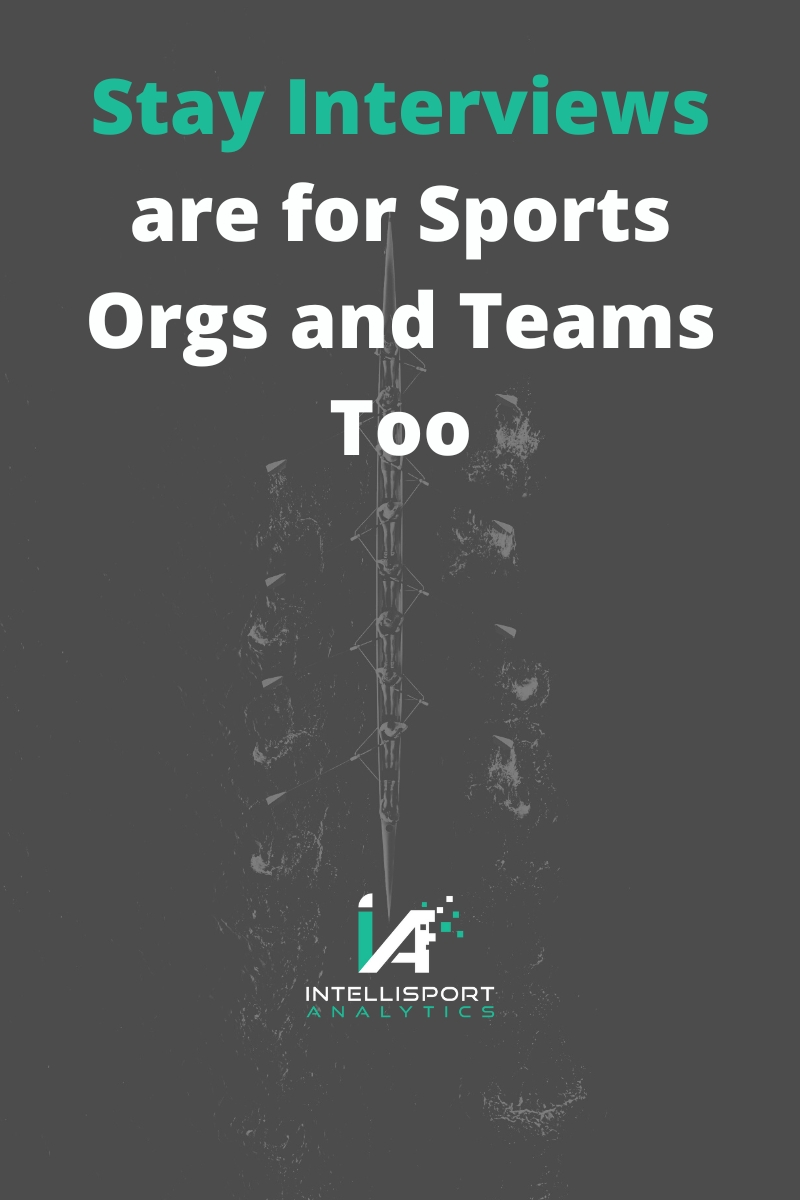Famed Wharton organizational psychologist Adam Grant released this week a video discussing the importance of businesses using entry and stay interviews to “to find out why they [employees] joined—and stay interviews to figure out how to keep them.” The current practice of exit interviews is too late in the life cycle of an employee – if you really want to know what a person’s experience is, you need to ask what their expectations are prior to employment and how it is going once they are working.
The use of these tools should not be exclusive to the business world. Sports teams and organizations should adopt these tactics to better understand their employees and athletes. Recent controversies with the Phoenix Suns and Washington Commanders, leaves us wondering, if these organizations’ leaders were proactive in asking what their people needed and how it was going, perhaps these toxic workplaces could have been avoided.
Outside of headline grabbing stories, sports organizations can be harbingers for workplace burnout that receive little attention. Staff and coaches are often asked to work seven days a week, including early mornings and evenings. In a study examining workaholism in sport, the researchers found that there is a positive relationship between workaholism and burnout, and it is important for leaders to consider the work and nonwork lives of sport employees. If leaders are not asking how their people are balancing their lives, it is likely that employees will turnover more, be less productive and less happy at work.
Sports leaders and coaches need to ask how they can better support their staff and athletes by using research. Entry and staff interviews are the first step to examining the lived experiences within a sports organization – but the interpretation of the data and designing strategic plans is essential for meaningful change.
Contact IntelliSport Analytics at contact@intellisportanalytics.com to learn more about our solutions to help sports leaders better understand their people.




